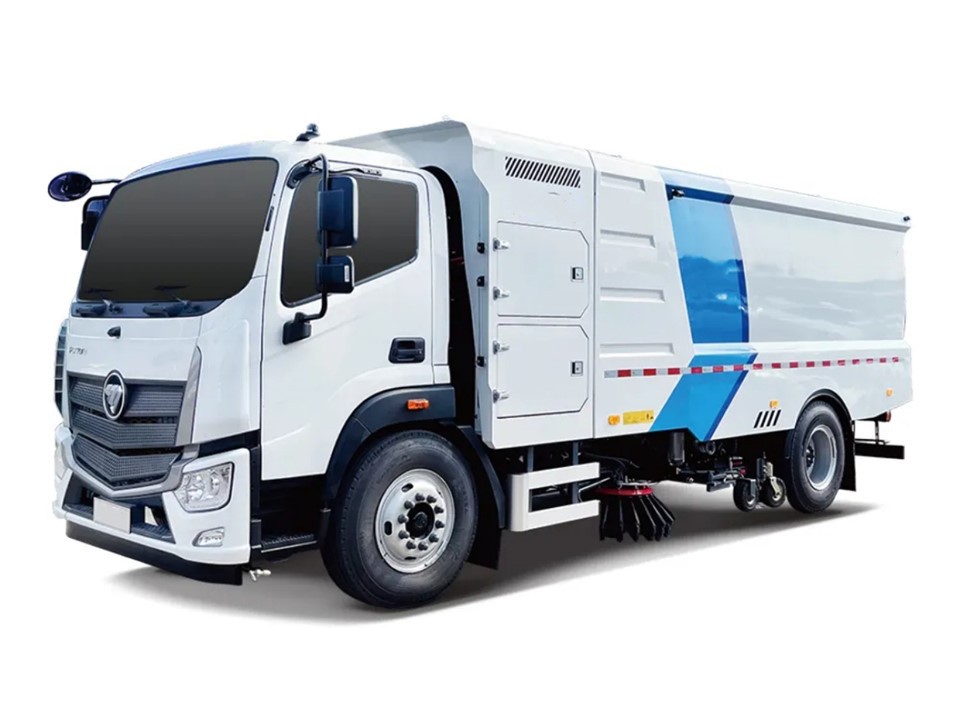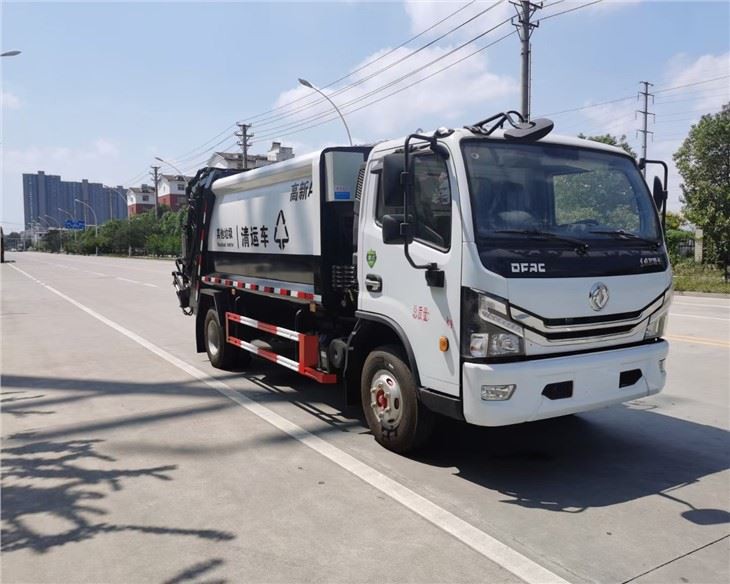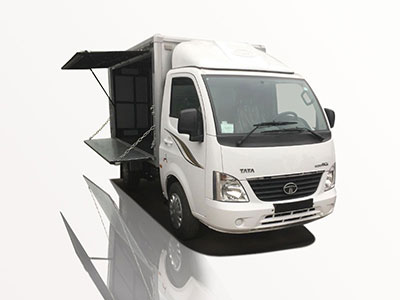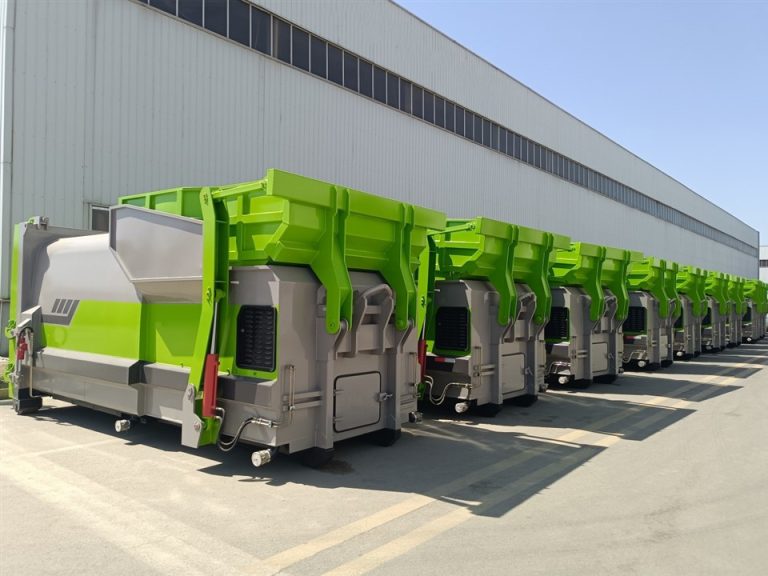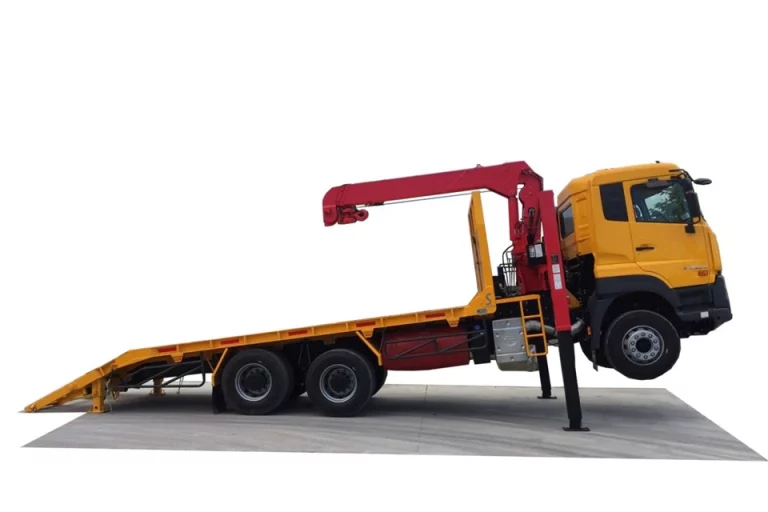Introduction
The rise of electric vehicles (EVs) has transformed the automotive industry, and mini trucks are no exception. As urban areas grow and the demand for eco-friendly transportation increases, EV mini trucks have emerged as a practical solution for businesses and individuals alike. This article delves into the features, benefits, and considerations of EV mini trucks, demonstrating why they are an excellent choice for local delivery services, agricultural use, and more.
What is an EV Mini Truck?
EV mini trucks are compact, fully electric vehicles designed for utility and efficiency. Unlike their traditional gasoline counterparts, these trucks are powered by rechargeable batteries, offering a cleaner alternative for short-distance transport. With a focus on sustainability and cost-saving, EV mini trucks are suitable for a variety of applications including deliveries, farming, and urban transport.
Types of EV Mini Trucks
EV mini trucks come in various shapes and sizes. Here are some common types:
- Compact Delivery Trucks: Ideal for urban delivery services with limited space.
- Utility Trucks: Used in agriculture, landscaping, and maintenance tasks.
- Recreational Mini Trucks: Designed for leisure activities, such as camping or golfing.
Benefits of EV Mini Trucks
The adoption of EV mini trucks offers numerous advantages, including:
1. Environmental Impact
EV mini trucks produce zero tailpipe emissions, which significantly reduces air pollution and helps combat climate change.
2. Cost Efficiency
Operating an EV mini truck can be more cost-effective over time compared to traditional vehicles due to lower fuel costs and reduced maintenance requirements.
3. Noise Reduction
Electric vehicles operate more quietly than internal combustion engines, making them ideal for urban environments where noise reduction is essential.
4. Government Incentives
Many countries offer tax credits, rebates, and other incentives for purchasing electric vehicles, further reducing the overall cost.
How EV Mini Trucks Work
Understanding the mechanics of EV mini trucks helps potential buyers appreciate their functionality.
Battery Technology
EV mini trucks are equipped with lithium-ion batteries, which store electric energy and power the vehicle’s electric motor. The capacity of these batteries typically ranges from 20 kWh to 100 kWh, depending on the model.
Charging Infrastructure
Charging an EV mini truck is straightforward. Options include:
- Home Charging: Most owners install a Level 2 home charging station.
- Public Charging Stations: Widespread availability in urban areas and along highways.
Performance Metrics
Performance metrics for EV mini trucks include range, power, and payload capacity:
| Model | Range (miles) | Power (horsepower) | Payload Capacity (lbs) |
|---|---|---|---|
| Model A | 100 | 50 | 1500 |
| Model B | 120 | 60 | 2000 |
| Model C | 80 | 40 | 1000 |
Purchasing an EV Mini Truck
When considering the purchase of an EV mini truck, several factors should be taken into account.
Budget and Financing Options
Initial costs may be higher than traditional trucks, but financing options and savings on fuel can make EV mini trucks economical in the long run.
Choosing the Right Model
Consider the following when selecting a model:
- Range needs based on daily usage.
- Payload requirements for your intended applications.
- Available charging infrastructure in your area.
Test Driving
Always take a test drive before making a purchase to assess comfort, handling, and performance. Pay attention to the acceleration and braking of the electric motor.
Owning and Operating an EV Mini Truck
Owning an EV mini truck brings with it unique responsibilities and benefits.
Maintenance and Care
While maintenance for EVs is typically lower than for gas-powered vehicles, regular check-ups are crucial. Key maintenance items include:
- Tire checks and rotations
- Brake inspections
- Battery health monitoring
Software and Updates
Many EV mini trucks come equipped with software that enhances functionality. Keeping this software up-to-date ensures optimal performance.
Case Studies of EV Mini Trucks in Use
Real-world examples give insights into how businesses are leveraging EV mini trucks.
Case Study 1: Local Delivery Services
A regional grocery store switched to EV mini trucks for local deliveries, enhancing their green credentials while reducing costs. They reported a 30% decrease in delivery expenses.
Case Study 2: Agriculture Use
A small farm adopted EV mini trucks for transporting goods to local markets. This reduced greenhouse gas emissions and operating costs, while increasing their customer base.
Future of EV Mini Trucks
The future of EV mini trucks looks promising as technologies like battery systems and charging infrastructure continue to improve. Innovations such as autonomous driving and advanced navigation systems may soon be incorporated, making these vehicles even more attractive.
FAQs About EV Mini Trucks
1. What is the typical range of an EV mini truck?
The typical range of an EV mini truck can vary from 80 to 120 miles, depending on the model and battery capacity.
2. How long does it take to charge an EV mini truck?
Charging time varies by charger type; a Level 2 charger generally takes about 4-8 hours for a full charge.
3. Are there government incentives for purchasing EV mini trucks?
Yes, many governments offer various incentives including tax credits and rebates to encourage the purchase of electric vehicles.
4. What is the maintenance cost like for EV mini trucks?
Maintenance costs for EV mini trucks are generally lower than gas vehicles, mainly involving tire upkeep and battery health checks.
5. Can EV mini trucks perform well in rugged conditions?
Many EV mini trucks are designed for both urban and off-road conditions, but it is vital to check the specifications of each model before purchasing.
6. How do weather conditions affect the performance of EV mini trucks?
Extreme temperatures can impact battery performance. However, many modern EV mini trucks come with thermal management systems to mitigate these effects.
